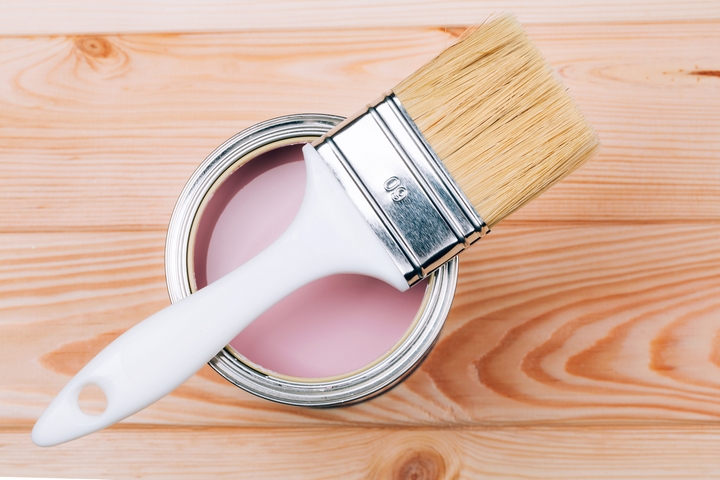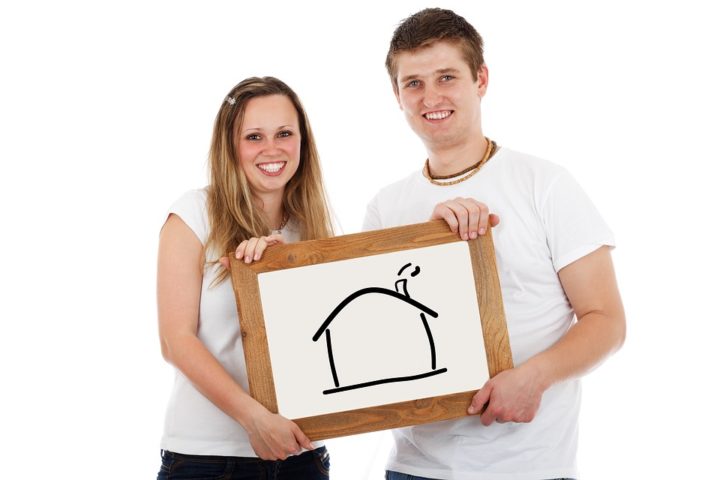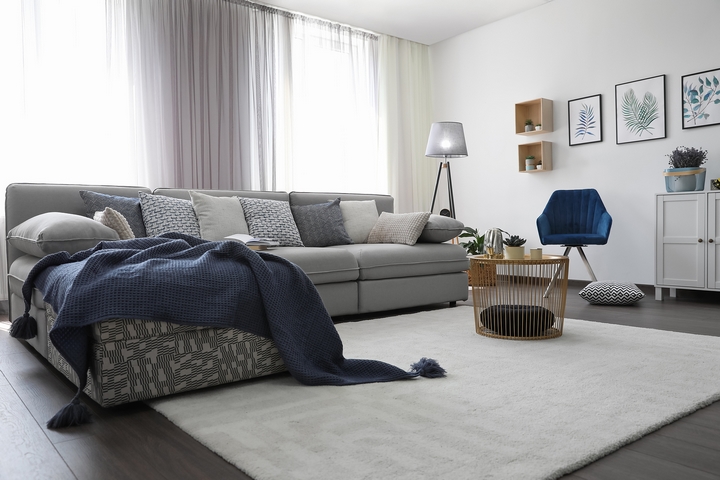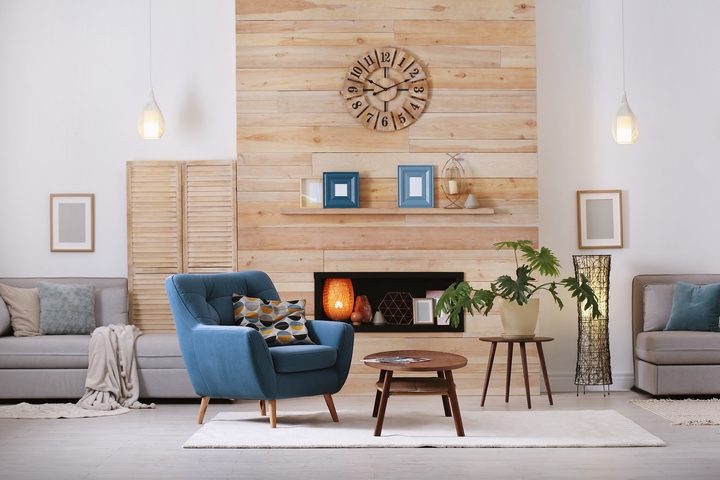A problem with your home’s water pressure could simply be a mild annoyance, but it could also make it impossible to enjoy a nice shower whenever you need one.
If your poor water pressure problem suddenly appears, it could only be a temporary problem with your city’s water supply system. But if you have been enduring low water pressure for a long time, you should do something about it.
You could start by getting your water pressure tested by a plumber Hamilton. You can also test it by yourself with a water pressure test gauge. Water pressure is measured by the unit psi, which stands for pounds per square inch. You should know that a home’s good water pressure reading is usually between 50 psi and 70 psi.
When you have determined that your water pressure is lower than it should be, here are six ways to get better water pressure in your home.
1. Make sure your main water valve is fully open
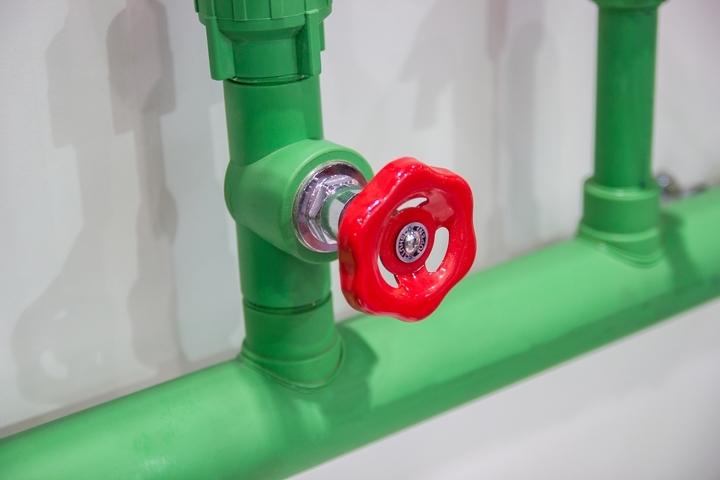
Before you start searching for a solution to your low water pressure problem, look at your home’s main water valve and check if it’s fully open. This might seem like a no-brainer, but the truth is that a contractor or a plumber might have turned off your main water valve without your knowledge and only partially reopened it.
The main water valve that is partially closed might explain the low water pressure. And the good news is that this is an easy fix: all you have to do is fully open the valve.
Your main water valve should be located near your home’s water meter. Its purpose is to control water flow and make plumbing repairs easier.
2. Check your well pump if you have one
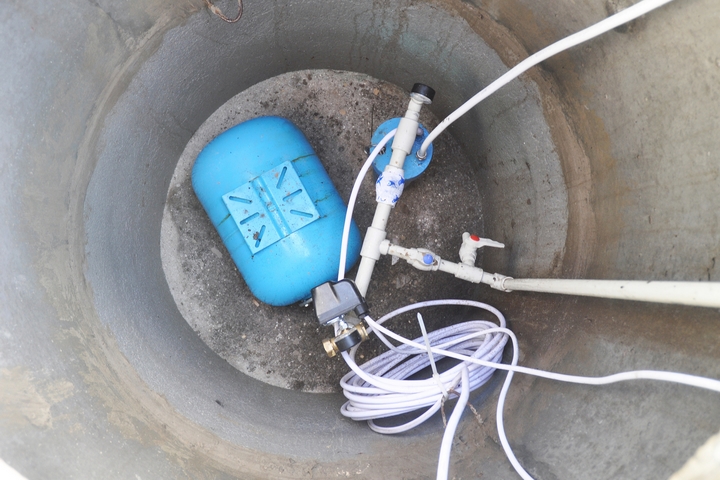
Perhaps your home doesn’t get water from your city’s water supply system but a well. If this is the case, your well or your well pump could be responsible for your low water pressure problem.
If you have just installed a new pump, for example, it might not be suited to the size of your well. Or maybe your pump simply requires some maintenance to do its job properly. You could repair or replace a faulty water well pump on your own if you are familiar with this type of work, or you could call a plumber for help.
3. Check for leaks and get them fixed
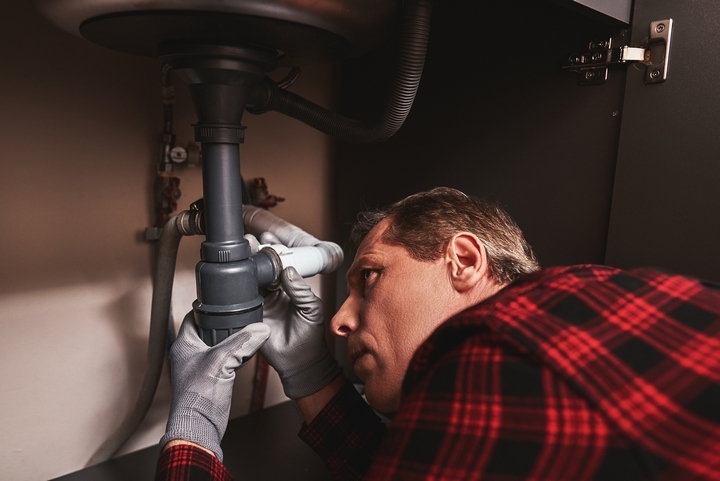
If the water is trickling when you open the tap, it could be a sign there is a leak in your home’s plumbing system. But apart from reducing your water pressure, leaks can cause all sorts of damage to your home, so it’s important to get them fixed as soon as possible.
If you can’t locate any leak, one could be within your walls. To check for leaks, turn off your main water valve, and write down the number on your water meter. Check this number again in 2 hours: it if has increased, it’s proof you leak somewhere. Call a plumber for help, and ensure your main water valve is reopened when the repairs are over.
4. Clear the buildups clogging your pipes
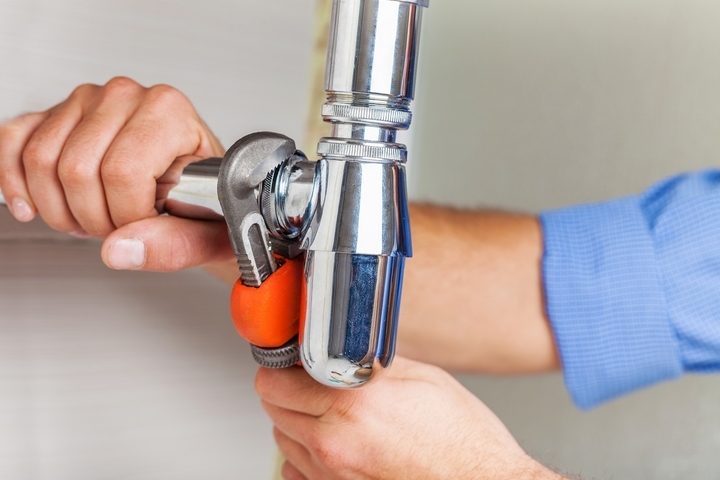
If only one or two faucets in your home seem to be plagued by low water pressure, it could be a sign that some of the pipes of your plumbing system are clogged.
Mineral deposits are often the culprits. While you might need to call a plumber to clear clogged pipes, you can at least clear the buildups clogging your faucets or showerhead. Simply pour some white vinegar inside a plastic bag, place it over your shower head or faucet, and use a rubber band to keep it in place.
Leave the bag in place overnight, rinse off the fixture and check if the water pressure has improved.
5. Replace your home’s regulator
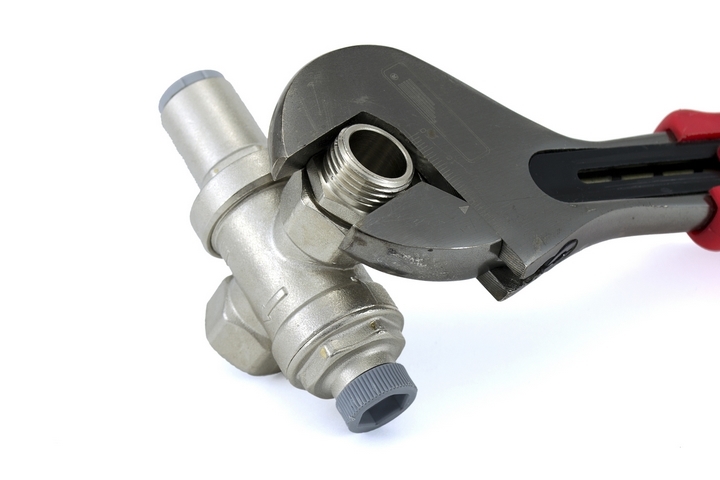
Many homes are equipped with a water pressure regulator called a pressure-reducing valve. This valve aims to prevent high water pressure, which can cause leaks and other problems.
But regulators don’t last forever, and they eventually need to get replaced. A faulty regulator could cause your low water pressure, and the solution is to get it replaced by a professional.
6. Get a water pressure booster pump
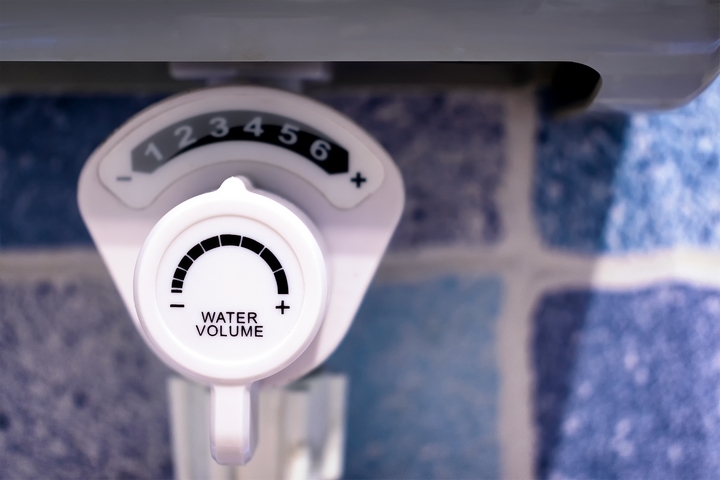
If your water pressure seems unstable, perhaps gravity or distance simply makes it difficult for water to consistently reach your home’s plumbing system.
If this is the case, installing a water pressure booster pump should solve your problem. Just keep in mind that while the booster pump will increase and stabilize your water pressure, it might also increase your electricity bill.


